Ugandan Law Criminalizes People Who Identify as LGBTQ and their Allies
Under the new Ugandan law, even organizations that publish pro-gay messaging or content can be prosecuted and imprisoned.

Ugandan lawmakers have approved one of the world’s harshest laws cracking down on homosexuality, essentially making it illegal to identify publicly as LGBTQ — or even express support for the LGBTQ community.
The bill builds upon the country’s existing colonial-era laws criminalizing consensual same-sex activity, which is punishable by life imprisonment, targeting a host of free speech-related activities in order to discourage LGBTQ visibility in any form.
Under the bill, individuals or institutions that support or fund LGBTQ-related groups or organizations, or publish or distribute pro-gay media or literature, can be prosecuted and imprisoned.
Media groups, journalists, and publishers who similarly broadcast or distribute LGBTQ-related content that “promotes homosexuality” also face imprisonment, reports CNN.
Property owners can potentially be jailed if they allow their properties to be used as a “brothel,” which is so broadly defined that it can include any gathering space where people are planning or advocating on behalf of the LGBTQ community, or where same-sex sexual activity can potentially take place — regardless of whether such acts actually occur.
Cisgender allies of the LGBTQ community can be prosecuted and imprisoned for advocating or expressing support for LGBTQ rights.
Friends, family members, and neighbors can also be penalized for failing to inform on individuals they know are engaged in same-sex relationships or LGBTQ advocacy — effectively creating a de facto police state where individual beliefs or free speech rights are under surveillance.
The law also imposes the death penalty for those found guilty of “aggravated homosexuality,” a term referring to people who engage in homosexual conduct with another person who cannot or does not consent, or commits such acts under duress.
That same penalty can also apply to people who are accused of having infected others with STDs or HIV.
Some members of parliament previously noted that the offenses the bill seeks to criminalize are already covered by the country’s 1950 Penal Code Act.
But lawmakers, both from the majority party and especially those from minority parties, have seized upon homosexuality as something they can demonize and use to distract from the country’s economic problems, while also appealing to Christians and social conservatives who comprise a significant part of the electorate.
“They are trying to drum up anti-gay rhetoric to divert attention from really what is important to Ugandans in general. There is no reason why you should have a bill that criminalizes individuals that are having consensual same-sex adult relationships,” Clare Byarugaba, an LGBTQ rights activist with Chapter Four Uganda told the BBC.
As occurs in any case where an anti-LGBTQ bill is introduced in any jurisdiction, proponents argue that the harsh law and its penalties are needed to “protect” children from being exposed to LGBTQ visibility or made aware of LGBTQ topics, for fear that such exposure may encourage them to begin identifying as LGBTQ.
But opponents say that accusations that LGBTQ people are “recruiting” youth are unproven and employ outdated and prejudicial tropes about the community.
Asuman Basalirwa, a member of the minority party Justice Forum who was the chief sponsor of the bill, argued that it seeks to “protect our church culture; the legal, religious and traditional family values of Ugandans from the acts that are likely to promote sexual promiscuity in this country.”
“The objective of the bill was to establish a comprehensive and enhanced legislation to protect traditional family values, our diverse culture, our faiths, by prohibiting any form of sexual relations between persons of the same sex and the promotion or recognition of sexual relations between persons of the same sex,” Basalirwa said, seeking to justify the legislation.
During the debate on the bill, MP Sarah Opendi called for gay men to be castrated, arguing that life imprisonment was not sufficient to stop homosexual acts, as those convicted could still engage in sex with other inmates in prison.
Just two Ugandan MPs opposed the bill. One of those, Fox Odoi-Oywelowo, argued that the new law “contravenes established international and regional human rights standards” by infringing upon and restricting LGBTQ rights.
LGBTQ and human rights groups have condemned the law as discriminatory and a violation of human rights.
“One of the most extreme features of this new bill is that it criminalizes people simply for being who they are as well as further infringing on the rights to privacy, and freedoms of expression and association that are already compromised in Uganda,” Oryem Nyeko, a researcher with Human Rights Watch, said in a statement accusing lawmakers of targeting LGBTQ people for political gain.
“This deeply repressive legislation will institutionalize discrimination, hatred, and prejudice against LGBTI people — including those who are perceived to be LGBTI — and block the legitimate work of civil society, public health professionals, and community leaders,” Tigere Chagutah, Amnesty International’s director for East and Southern Africa, said in a statement criticizing the bill as overly vague and “ambiguous” in terms of the definitions it employs to enable crackdowns on homosexuality or pro-LGBTQ speech.
The bill now heads to Ugandan President Yoweri Museveni for his approval.
Museveni last week called homosexuals “deviants” and has previously bashed Western nations for their opposition to anti-LGBTQ legislation, accusing them of seeking to impose cultural standards and values that run counter to Uganda’s religious and cultural traditions.
Uganda previously made headlines in 2009 when it introduced a bill that imposed the death penalty for same-sex relations.
Lawmakers passed a bill in 2014 that replaced the death penalty clause with life imprisonment, but that law was ultimately struck down by the country’s Constitutional Court on a technicality.
Support Metro Weekly’s Journalism
These are challenging times for news organizations. And yet it’s crucial we stay active and provide vital resources and information to both our local readers and the world. So won’t you please take a moment and consider supporting Metro Weekly with a membership? For as little as $5 a month, you can help ensure Metro Weekly magazine and MetroWeekly.com remain free, viable resources as we provide the best, most diverse, culturally-resonant LGBTQ coverage in both the D.C. region and around the world. Memberships come with exclusive perks and discounts, your own personal digital delivery of each week’s magazine (and an archive), access to our Member's Lounge when it launches this fall, and exclusive members-only items like Metro Weekly Membership Mugs and Tote Bags! Check out all our membership levels here and please join us today!




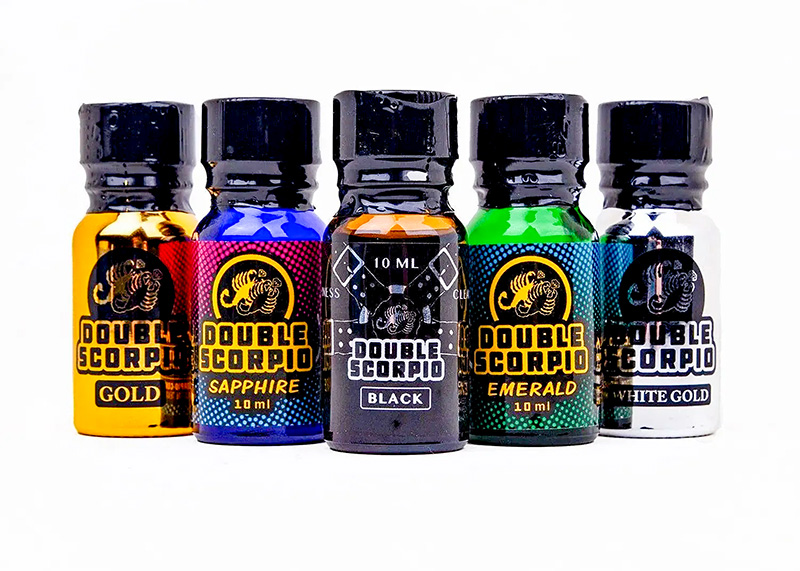
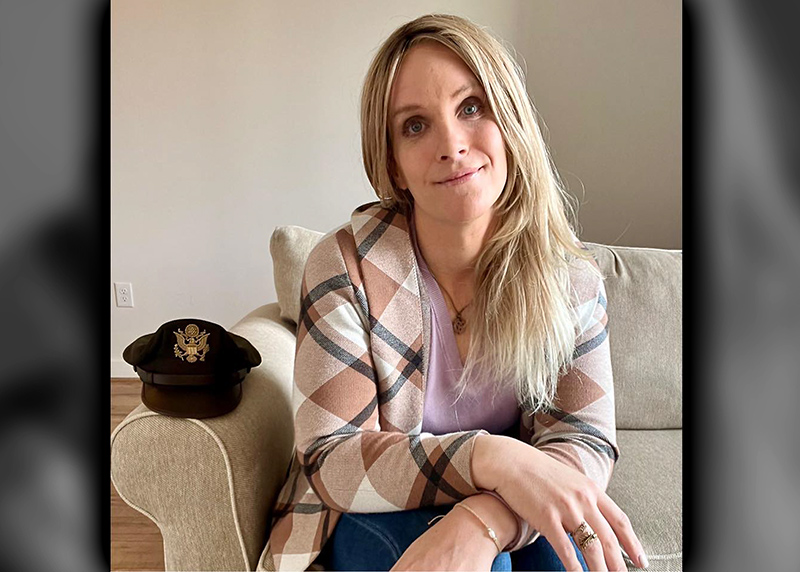















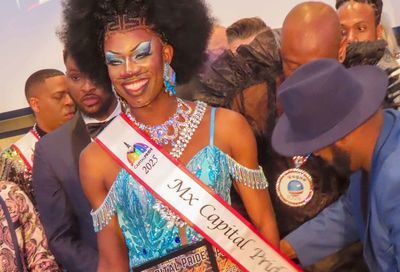
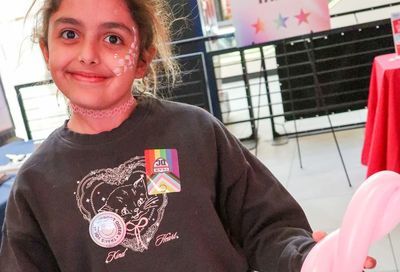
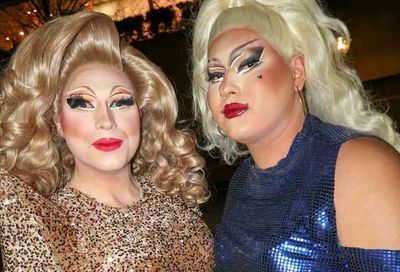
You must be logged in to post a comment.